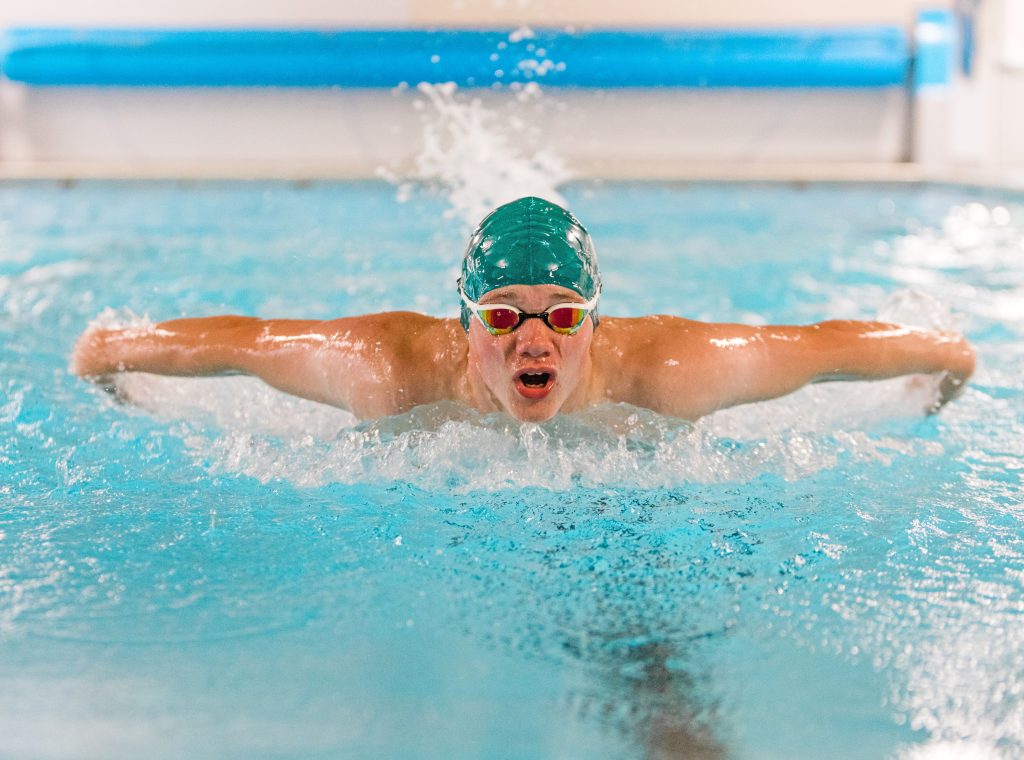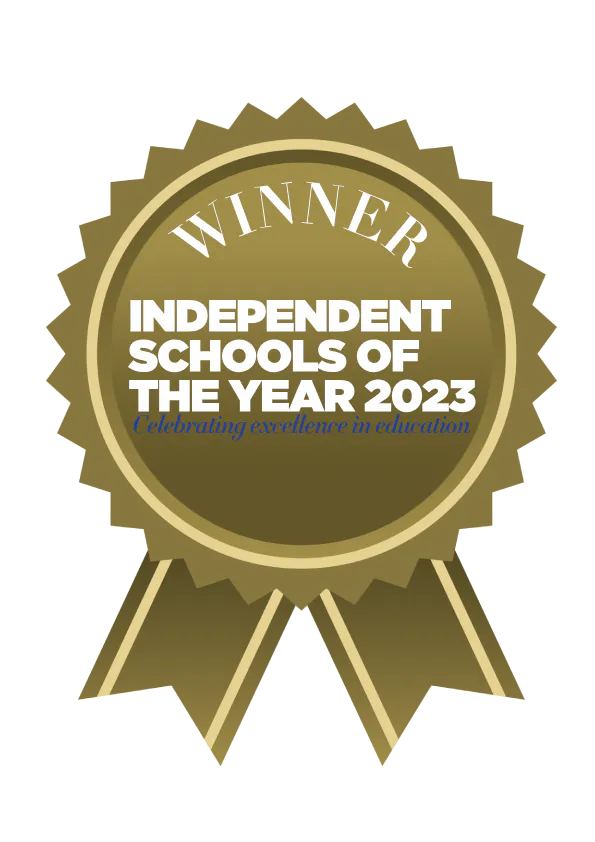A Level Physical Education
Why Choose A Level Physical Education?
If you are interested in all aspects of sport, health and fitness, then this is the course for you. Not only do you have the opportunity to benefit from your sporting talents, but you also learn to analyse and evaluate performances so that you can improve further, both as a performer and a coach. The theory section will help you to develop your knowledge and understanding in many aspects relating to physical activities, including anatomy and physiology, biomechanics, psychology, sociology, history, technology and current affairs. Plus, you will learn how to apply this knowledge to your sport and fitness and its implications for a healthy lifestyle.
In 2025, we will also be offering a Physical Education BTEC. You can find out more about this option in the dropdowns below.

Course details
A Level structure for the two year course:
There are four components:
- Physiological Factors Affecting Performance: Theory unit worth 30% (90 marks) of overall A Level – 2 hour written paper.
- Applied anatomy and physiology
- Exercise physiology
- Biomechanics
- Psychological Factors Affecting Performance: Theory unit worth 20% (60 marks) of overall A Level – 1 hour written paper.
- Skill acquisition
- Sports psychology
- Socio-Cultural Issues in Physical Activity and Sport: Theory unit worth 20% (60 marks) of overall A Level – 1 hour written paper.
- Sport and society
- Contemporary issues in physical activity and sport
- Performance in Practical Activities: Practical unit worth 15% (45 marks) of overall A Level – Assessment of practical ability in one sport from the approved activities list.
- Evaluation and Analysis of Performance for Improvement (EAPI): Non-exam unit worth 15% (45 marks) of overall A Level- Live 30 minute verbal presentation
Exam Board: OCR
Course requirements
Grade 6-9 at GCSE Physical Education, plus Biology, is beneficial. The ability to perform at an academy/club level in one chosen activity from the approved list is also recommended.
Physical Education BTEC (New for 2025)
The BTEC Sport Extended Certificate is equivalent to an A Level and is designed to integrate theoretical knowledge with practical and technical skills. This qualification enables students to engage in vocational tasks that foster the development of industry-relevant behaviours and transferable skills, preparing them for both further education and employment.
The Extended Certificate consists of four units, including three mandatory components:
– Anatomy and Physiology
– Fitness Training and Programming
– Professional Development in the Sports Industry
Students will also complete one optional unit, which may vary each year based on cohort needs. Potential options include:
– Sports Leadership
– Fitness Testing and Programming
– Sports Psychology
– Practical Sports Performance
Assessment is conducted through a combination of coursework, examinations, and supervised written assessments:
– Two units are assessed via coursework, which may include assignments, video evidence, or presentations.
– One unit is assessed through a formal examination.
– One unit is assessed through a synoptic examination.
There are no specific entry requirements for the BTEC Sport Extended Certificate.
The BTEC Sport qualification offers flexibility through its optional units, allowing learners to tailor their studies to their interests and career aspirations. It adopts a learner-centred approach, emphasising project-based assessments that develop practical, interpersonal, and critical thinking skills. This holistic approach ensures students are well-equipped for both employment opportunities and further academic progression.
Exam Board: PEARSON
Related careers
Any careers involving sports, health and fitness, healthy lifestyle, leisure and recreation, sports teaching and coaching, sports and leisure management, physiotherapy, psychology, sports science, sports injuries, sports nutrition, sports journalist, emergency services; police, fire service and paramedicine.
Most lessons will be theory-based. Students will be expected to practise their practical activities outside of lesson time.
Related subjects
Biology, Chemistry, Food Technology, History, Psychology and Sociology.



